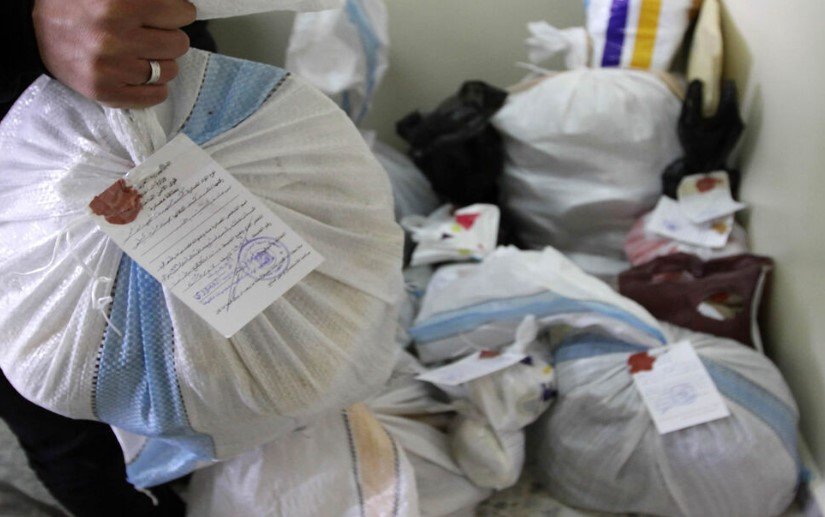Syria’s transitional government has launched a major crackdown on Captagon production since Bashar al-Assad’s regime fell in December 2024. Despite bold claims of wiping out factories, recent seizures show the illicit drug trade adapts and persists in unstable regions, raising concerns for Middle East security.
Assad Regime’s Drug Legacy Exposed
The Assad era turned Syria into a global hub for Captagon, a synthetic stimulant that generated billions in revenue. Officials under Assad, including family members, faced international sanctions for their role in this trade.
Production sites popped up in hidden spots like air bases and border areas near Lebanon. Rebels discovered massive factories after taking control, burning millions of pills in public displays.
This drug funded the regime’s operations during the civil war. Experts estimate the trade brought in over $10 billion yearly, outpacing Syria’s official economy.
Recent reports highlight how Captagon fueled conflicts across the region. Militias used it to keep fighters alert, while smugglers hid pills in everyday items like fruit shipments.

Transitional Government’s Crackdown Efforts
Since taking power, the new administration has seized hundreds of millions of Captagon pills. In January 2025, authorities dismantled labs in Latakia and along the Jordanian border.
Interior Minister Anas Khatab declared in June 2025 that no factories remain. Yet, seizures continue, including 500 kg of precursor chemicals near Damascus in September 2025.
The government invites journalists to witness destructions, aiming to build trust. They work with international partners to track smuggling routes.
Challenges arise in southern Syria, where control is weak. Mobile labs move quickly, evading raids.
Here are key actions by the transitional government:
- Burned 1 million pills in Damascus shortly after Assad’s fall.
- Seized 320 million pills nationwide by mid-2025.
- Dismantled major sites in Douma and Al-Dimas.
- Cooperated with Jordan to block border crossings.
Adaptation of Drug Networks in the Region
Traffickers shift operations to neighboring countries like Yemen and Lebanon. Yemen’s Houthis allegedly use Captagon sales to fund their military efforts.
Saudi Arabia reported busting 1.4 million pills in January 2025, many traced back to Syrian sources. The drug remains popular in Gulf states, where demand drives street values up to $5.7 billion annually.
Networks adapt by using smaller labs and new smuggling methods. Poverty and war create fertile ground for this trade.
Experts note that while large state-backed production ended, smaller outfits fill the gap. This dispersal makes enforcement harder.
| Country | Major Seizures in 2025 | Estimated Impact |
|---|---|---|
| Syria | 320 million pills | Reduced large factories, but mobile labs persist |
| Saudi Arabia | 1.4 million pills | Blocks Gulf smuggling routes |
| Yemen | 1.5 million pills | Links to Houthi funding |
| Jordan | Border busts with millions | Strengthens regional cooperation |
Challenges and Security Risks Ahead
The new government struggles with limited resources in border areas. Traditional trafficking hubs along the coast remain active.
International observers warn that without community support, the trade could rebound. Social issues like unemployment push people into the networks.
Logical reasoning suggests that cracking down too harshly might drive operations underground further. Balancing enforcement with reconstruction is key.
Related events, such as ongoing Yemen conflicts, show how Captagon intertwines with regional instability. A stable Syria could curb this, but progress is slow.
Experts predict that full eradication might take years. Monitoring agencies call for more aid to Syria’s forces.
Future Outlook for Captagon Control
As Syria rebuilds, addressing root causes like poverty could weaken the drug’s hold. International sanctions on remaining networks might help.
The trade’s evolution demands adaptive strategies. Governments in the Middle East must collaborate to cut supply chains.
In the end, success depends on political stability. If the transitional government strengthens its grip, Captagon’s grip on the region might loosen.
What do you think about these developments? Share your thoughts in the comments and spread the word to raise awareness.
